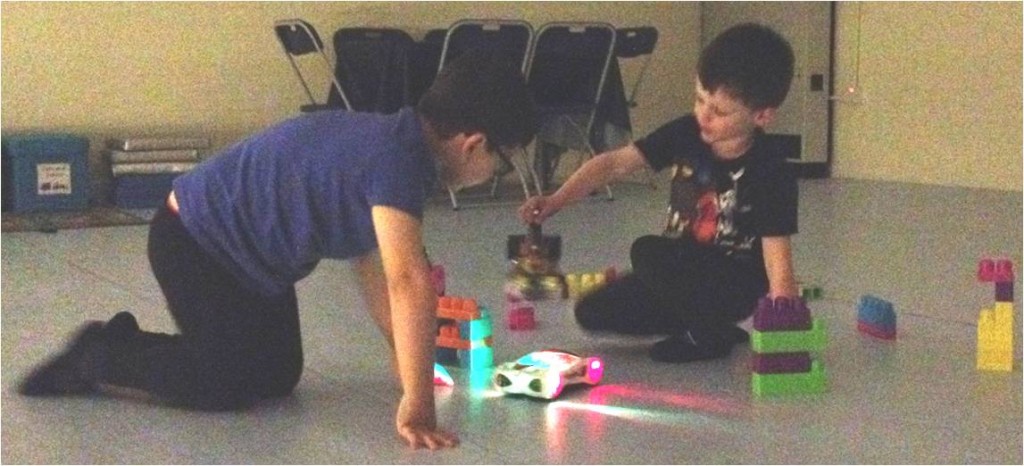Social/Emotional Issues
From our “insiders’ perspective”, we recognise that many of the issues that autistic children and young people face are strongly linked to their emotions – and emotional reactions to the difficulties that they are experiencing internally, in their minds, as they try to process everything that is going on around them, all the time. As such, we have developed a social/emotional programme with a wide scope. Using stories (for younger groups), film clips (for older groups) and a wide range of interactive activities, it deals with:
- Recognising different emotions – including anxiety.
- Understanding what these emotions mean.
- The importance of talking about how we feel.
- Dealing with difficulties around talking about our anxieties, and about our own needs.
- Where helpful, finding alternative ways to communicate about our feelings and our needs, without arousing so much anxiety.
- Recognising and dealing with the pressure that anxiety causes.
- Finding better ways of responding to the pressure – e.g. by developing routines that empower the child/young person to complete tasks independently, rather than avoiding those demands.
- Learning to recognise our strengths – and how to use these to make the best of our lives and overcome our difficulties as much as we can.
- Learning how to be a good friend to others, and how to make friends.
- Learning what it means to be rude – from an autistic person’s perspective – and how to avoid appearing rude.
- Learning how to show other people that we are listening to them, within the confines of our processing limitations as autistic individuals.
- Dealing with – and ultimately overcoming – painful shyness and selective mutism (which is something that Keely experienced herself, for a number of years).
- Learning how to navigate different social eating situations, and over time, preparing for trips out into the community to build confidence in these situations.

